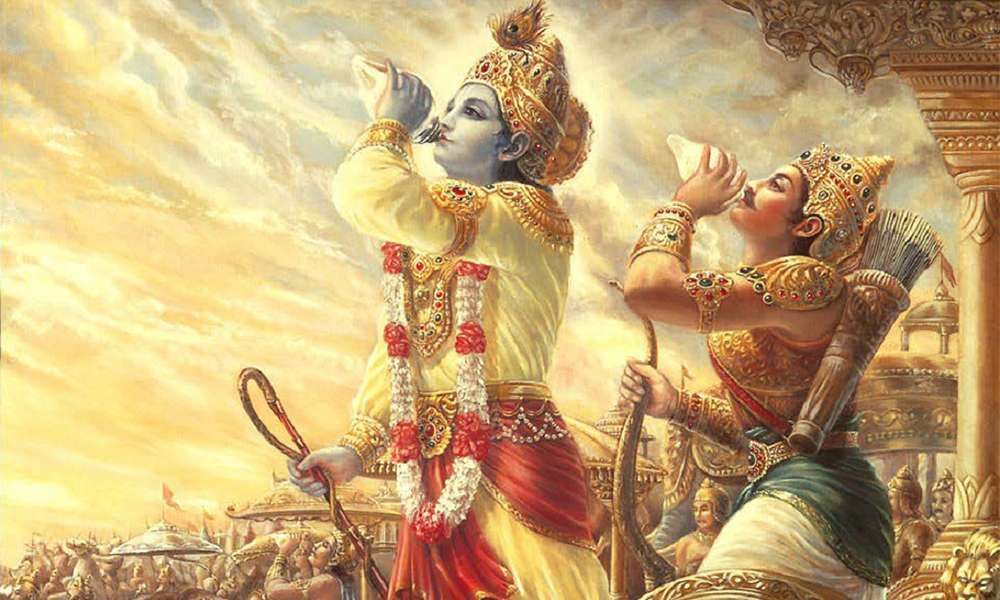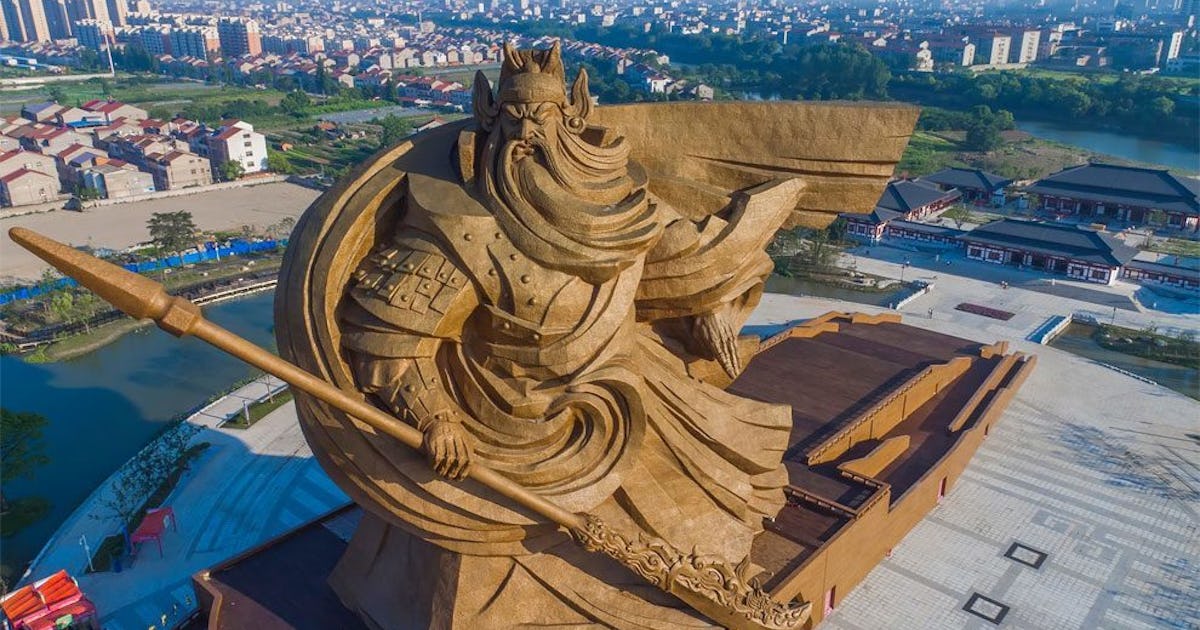The Gods of War: Between Myth and Reality

War gods have been worshiped in many cultures since ancient times. They were seen as ruthless protectors, heroes and warriors who brought victory and security to their people. In this article, we are going to explore the most famous gods of war in history, their characteristics and their importance in mythology.
-
Ares, the Greek god of war
In Greek mythology, Ares was the god of war and violence. He was often portrayed as a ruthless warrior, who loved chaos and destruction. The Greeks believed that Ares was responsible for all wars and battles, and that his favors could lead to victory or defeat.
Ares was the son of Zeus and Hera, and had a tumultuous relationship with his parents. He was often associated with violence and brutality, and was considered one of the most unpopular gods of Olympus. The Greeks often described Ares as an immature and capricious god, who sought to provoke conflict and fights.
Despite his unpopularity, Ares was revered by warriors and soldiers, who believed he protected them on the battlefield. The Spartans, in particular, considered Ares their patron god, and even built a temple in his honor in their city.
-
Mars, the Roman god of war
The Romans adopted Ares as Mars, and continued to worship this god of war as one of the most important in their pantheon. Mars was often associated with the agrarian and fertility deity, who controlled the growth of plants and crops.
In Roman mythology, Mars was considered a brave and valiant warrior who brought victory to his people. The Romans associated Mars with their own history and legend, considering him the founding father of the city of Rome.
The Romans also revered Mars as the protector of the Roman army, and often invoked his aid before going to war. Temples of Mars were widespread throughout the Roman Empire, and were often built in cities where Roman armies had won significant victories.
-
Thor, the Norse god of war

In Norse mythology, Thor was the god of war and lightning. He was often depicted as a mighty warrior, carrying a magic hammer called Mjolnir, which could destroy anything in its path. The Vikings believed Thor to be their protector, and invoked his help before every battle.
Thor was also worshiped as the god of fertility and life. The Scandinavians believed that his gifts
were necessary to ensure the survival of their community and the prosperity of their agriculture.
The stories of Thor have been passed down from generation to generation, and have inspired many authors and artists. Marvel Studios also included the character of Thor in their cinematic universe, which helped popularize the Norse god of war even further.
-
Krishna, the Hindu god of war

In Hindu mythology, Krishna was considered an avatar of the god Vishnu, and was often associated with war and destruction. Krishna played an important role in the epic Mahabharata, which tells the story of the war between two rival royal families in India.
Krishna is often depicted with a bow and arrows, as well as a sword and a shield. He is also often associated with the deity of love and compassion, and is considered a protector of his followers and worshippers.
-
Guan Yu, the Chinese god of war

In Chinese mythology, Guan Yu was a famous warrior who fought for the Han dynasty during the Three Kingdoms period. After his death, Guan Yu was deified and became a god of war revered throughout China.
Guan Yu was often depicted with a beard and mustache, as well as a bright red face. He also wore a long robe, a helmet and a weapon called the "Green Blade". The Chinese believed that Guan Yu was a protector of soldiers and warriors, and often invoked his help before going to war.
Conclusion: The Gods of War
The gods of war have been worshiped in many cultures throughout history, and have inspired stories, legends and works of art. Each of these war gods has different characteristics and attributes, but all were seen as protectors and heroes who brought victory and security to their people.
Even though the belief in these gods may have diminished, their cultural and historical importance is still present. Their presence in mythology reflects our fascination with war and warriors, as well as our desire for protection and security in the face of dangers that threaten our life and our homeland.
Thus, the gods of war continue to capture the imagination of people around the world, and their cultural and artistic heritage will continue to be passed down from generation to generation.
0 comments